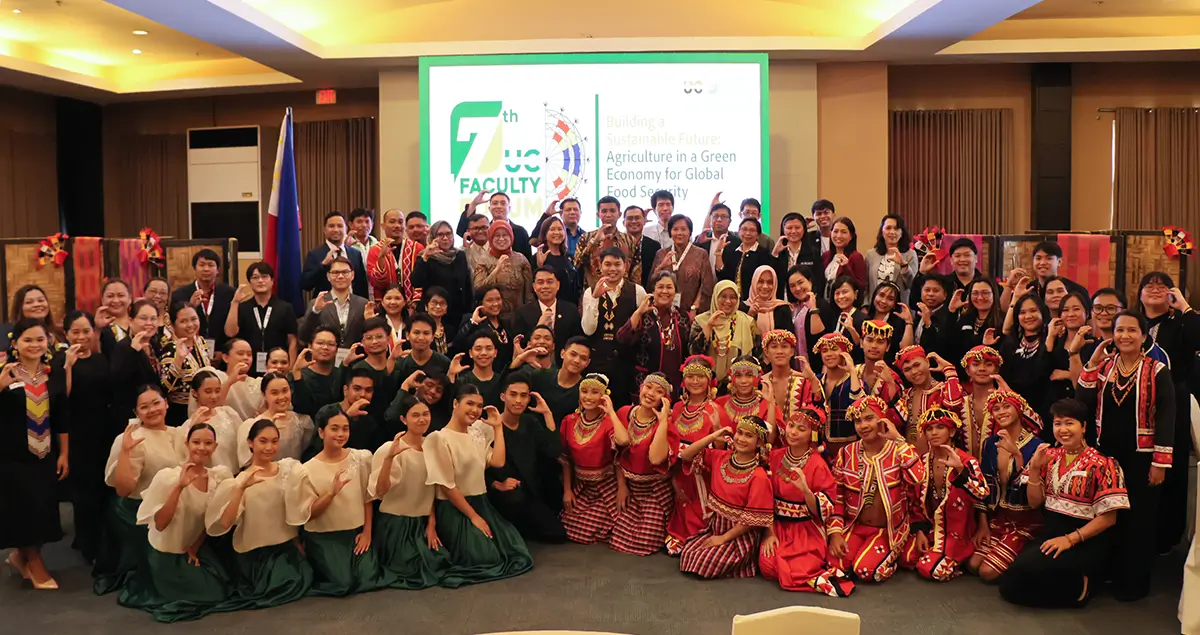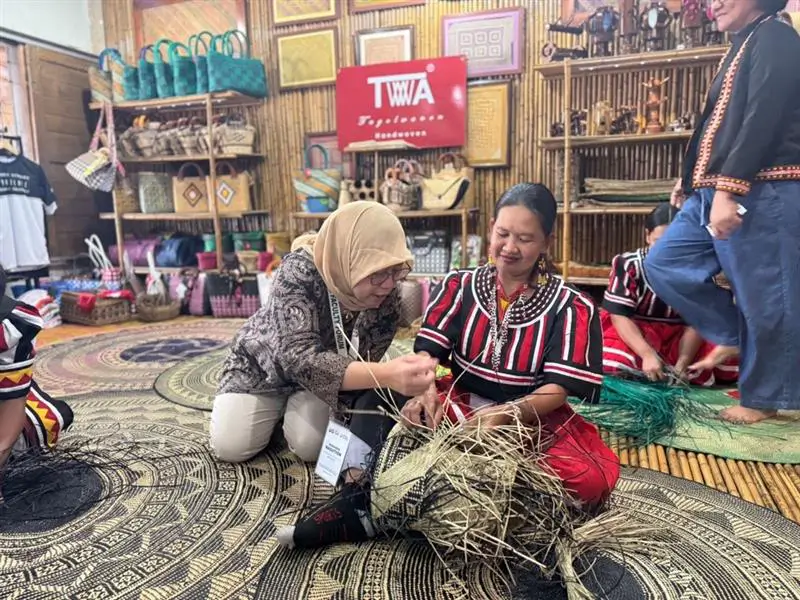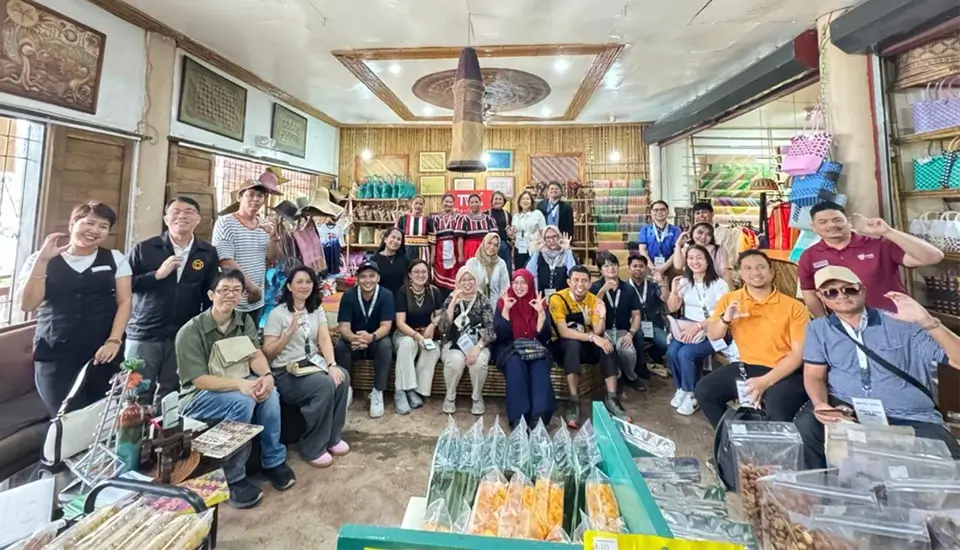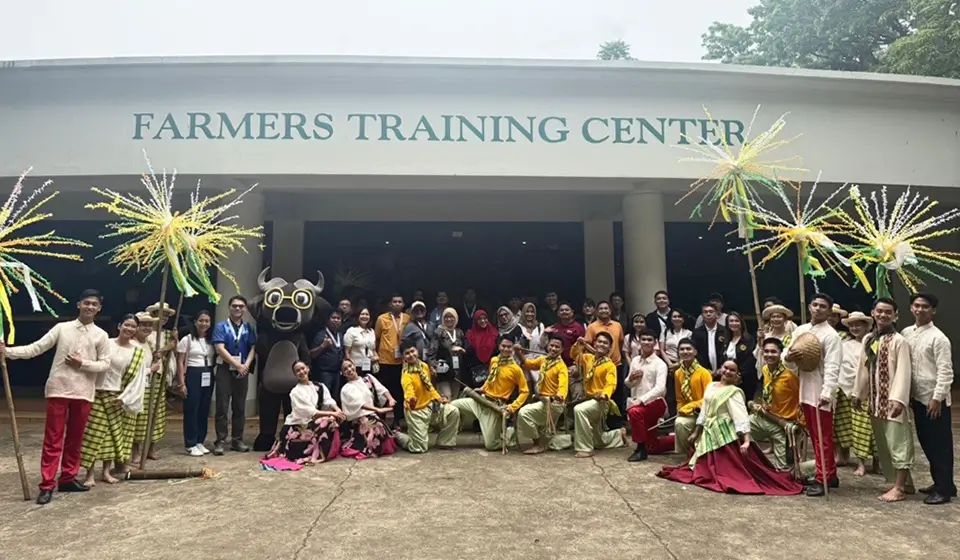CAGAYAN DE ORO and BUKIDNON, Philippines—Science, innovation, and cross-sector partnerships framed the 7th University Consortium Faculty Forum (UCFF), which convened faculty members, researchers, and policymakers from across Southeast Asia to exchange insights on how agriculture can drive the transition to a green economy and ensure global food security. Hosted by Central Mindanao University (CMU) in Cagayan de Oro and Bukidnon, Philippines on 24–25 September 2025, the forum had the theme "Building a Sustainable Future: Agriculture in a Green Economy for Global Food Security."
In his welcome message, Dr. Jose Valmorida, Vice President for Academic Affairs of CMU, spoke on behalf of CMU President Dr. Rolito Eballe and highlighted the importance of embedding green economy principles in agricultural research and practice to safeguard food systems and the environment for future generations. He also noted that the forum was a significant milestone for CMU as it marked the first time the university hosted a UC event since joining the consortium.
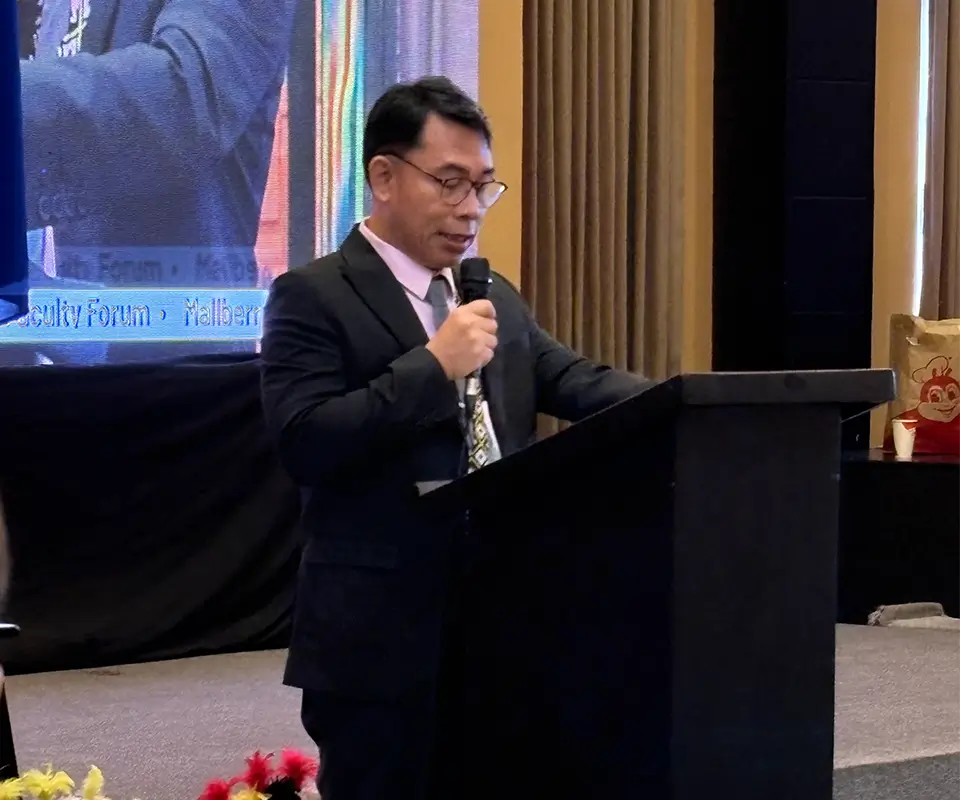
Representing the UC Secretariat, SEARCA Center Director Dr. Mercedita Sombilla reaffirmed SEARCA's commitment to making the UC Faculty Forum a transformative platform for agricultural innovation. She emphasized the importance of collaborative research and networking to confront pressing challenges such as climate change, food and nutrition insecurity, and rural inequality. She encouraged participants to embrace the opportunity to share insights and diverse perspectives, noting that every contribution is vital in shaping inclusive and future-ready agricultural systems.
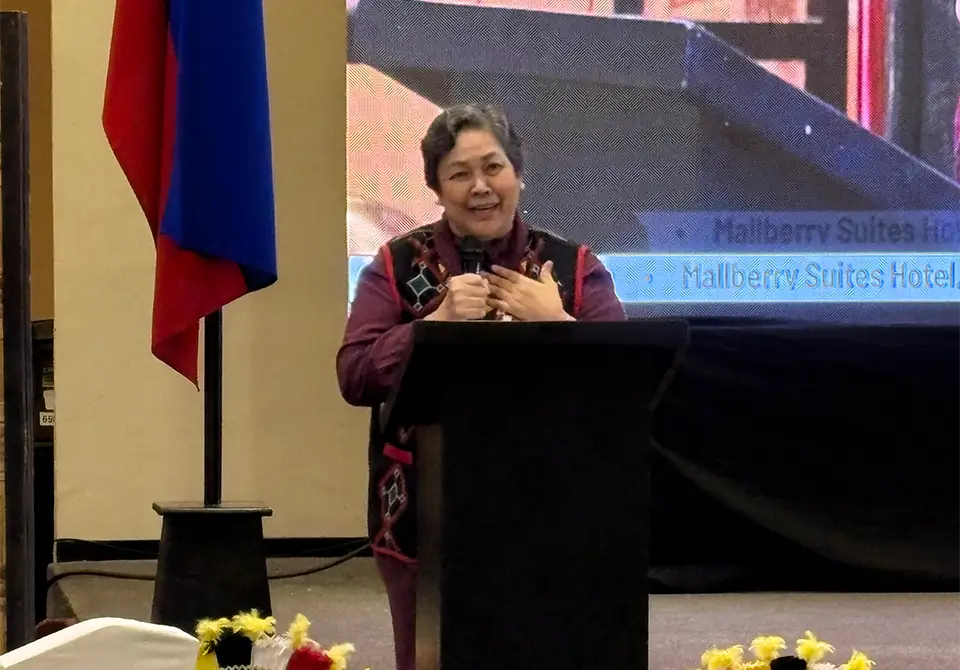
The keynote address was delivered by Dr. Terence Al Abaquita, a Balik Scientist under the Department of Science and Technology (DOST)–Philippine Council for Agriculture, Aquatic and Natural Resources Research and Development (PCAARRD), who traced the evolution of the green economy concept from the 1972 Limits to Growth report to its current application as a socially inclusive, low-carbon, and resource-efficient development model. He highlighted that agriculture, when sustainably managed, can provide more environmental goods and services than any other sector while continuing to feed the world's population. To achieve this potential, however, there is a need to address persistent gaps in research and education investment and to establish stronger science-based policies. He concluded with a call to increase funding for basic research, integrate green agriculture into curricula, encourage student-led innovations, and strengthen industry–academe partnerships to accelerate sustainability and innovation in the sector.
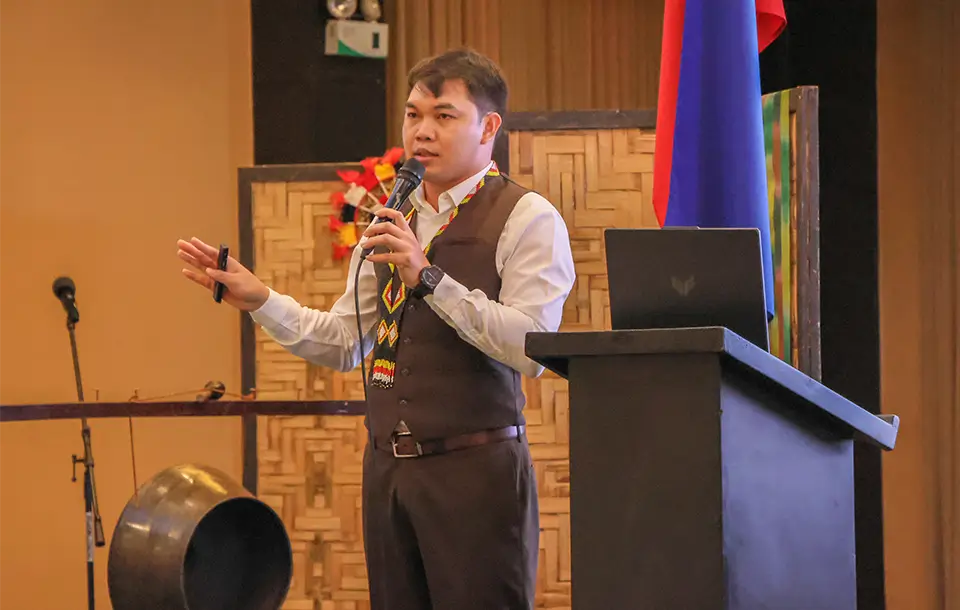
The research studies presented at the UCFF showed diverse approaches to sustainable agriculture and food systems. Studies explored the use of biostimulants and plant growth regulators to help cacao trees withstand water and light stress, while others investigated improved livestock nutrition through seaweed supplementation, phytobiotic combinations, and fermented feather meal as eco-friendly protein sources. Several presentations focused on food innovation, such as spray-dried powders of tomatoes and pineapples with preserved antioxidant and vitamin C content, or fern powder rich in phytochemicals with promising functional food applications.
Equally notable were investigations into crop improvement and resilience. Research highlighted the potential of short-statured adlay breeding lines for higher yield stability, carbon sequestration opportunities in reforested mined areas, and the role of multispectral imagery in precision nutrient management for rice. Other contributions addressed the challenges of climate change through economic analyses of agricultural productivity in ASEAN, as well as sustainable aquaculture practices using reproductive endocrinology to enhance freshwater prawn production.
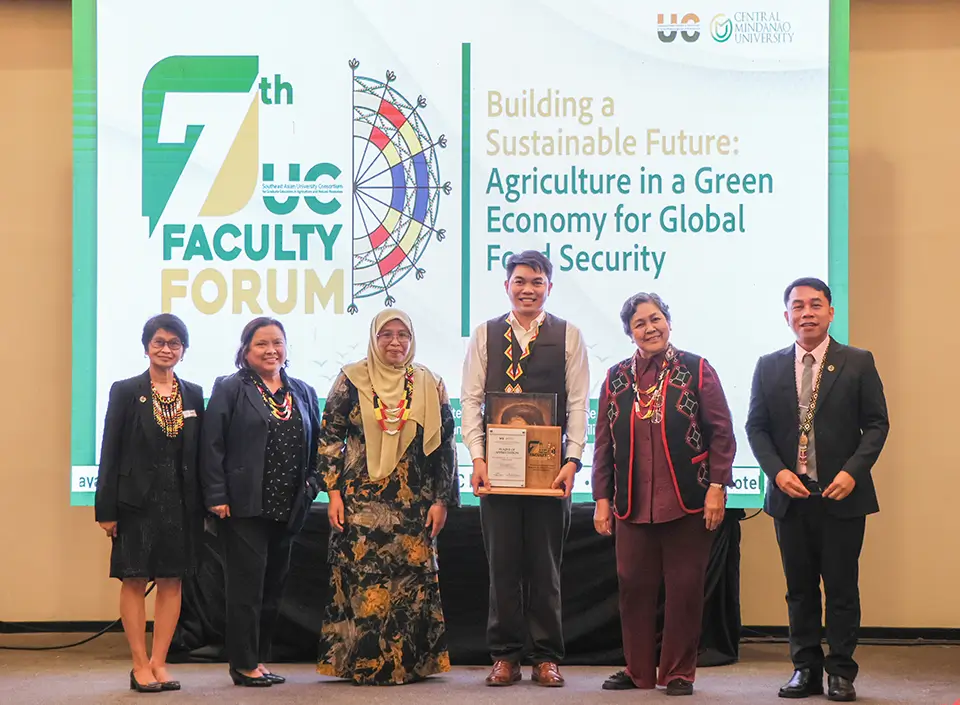
Urban and community-based innovations also stood out, including the development of garden towers and edible gardens as green infrastructure for food security, Bokashi composting of rice and vegetable waste for circular food systems, and grassroots models of organic agriculture and fair trade that connect producers and consumers. Research on rural cooperatives and business model innovation further emphasized how organizational capabilities can strengthen community resilience and inclusive growth.
Beyond academic discussions, the forum also provided participants with a cultural immersion experience in Bukidnon, with opportunities to appreciate indigenous knowledge and heritage as part of holistic approaches to sustainability.
Across the two-day forum, delegates engaged in discussions that bridged science, policy, and practice, reinforcing the UC's role as a platform for collaboration, knowledge-sharing, and collective action in Southeast Asia.
